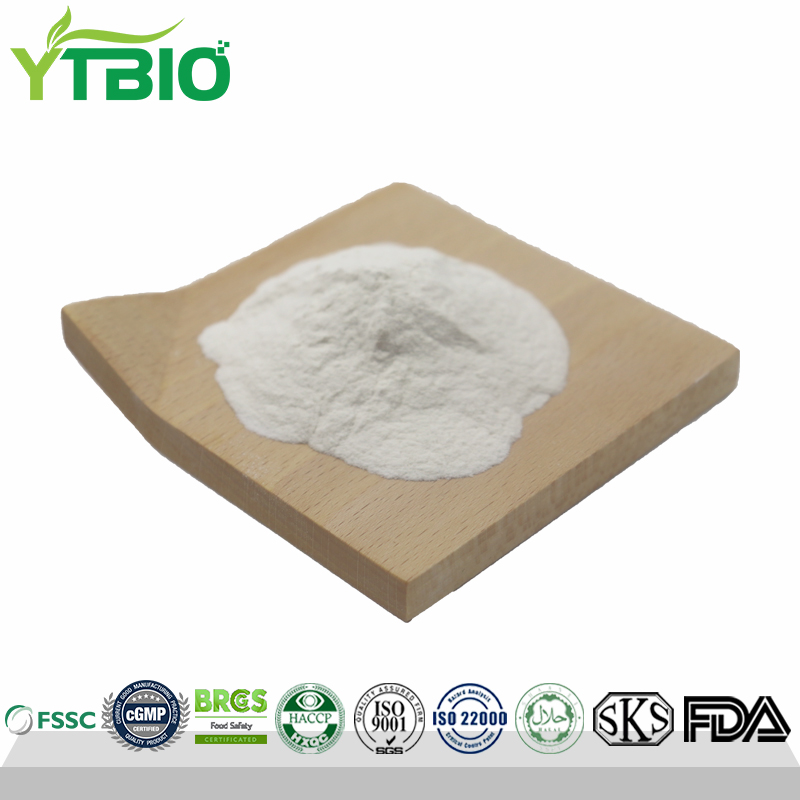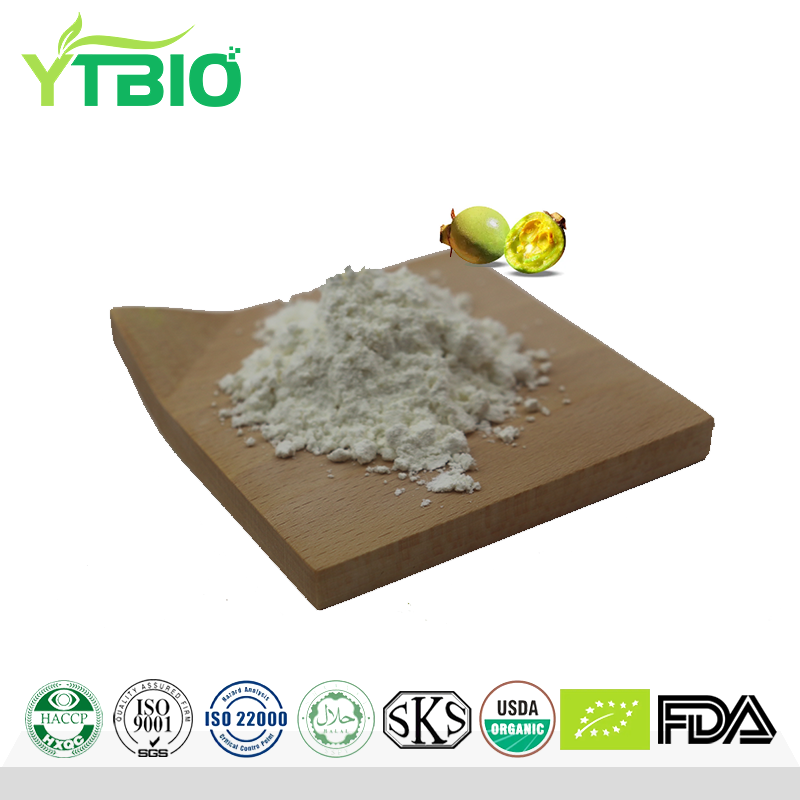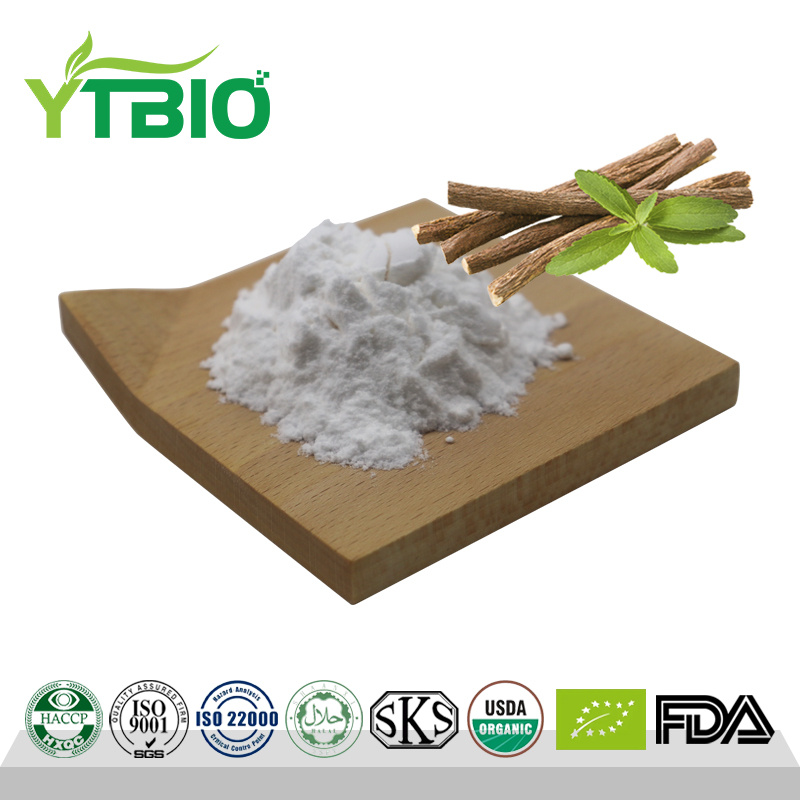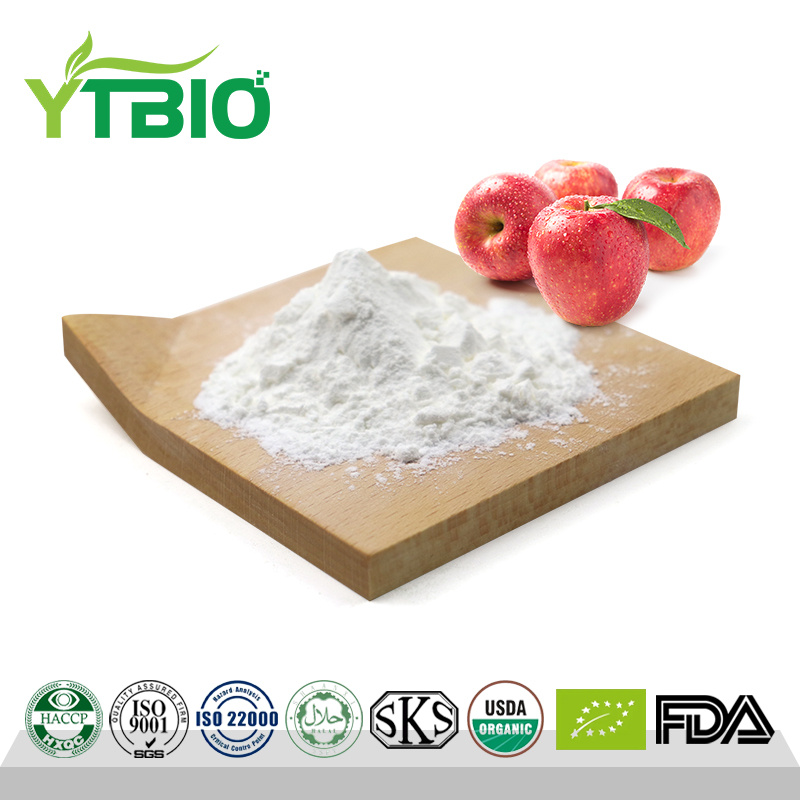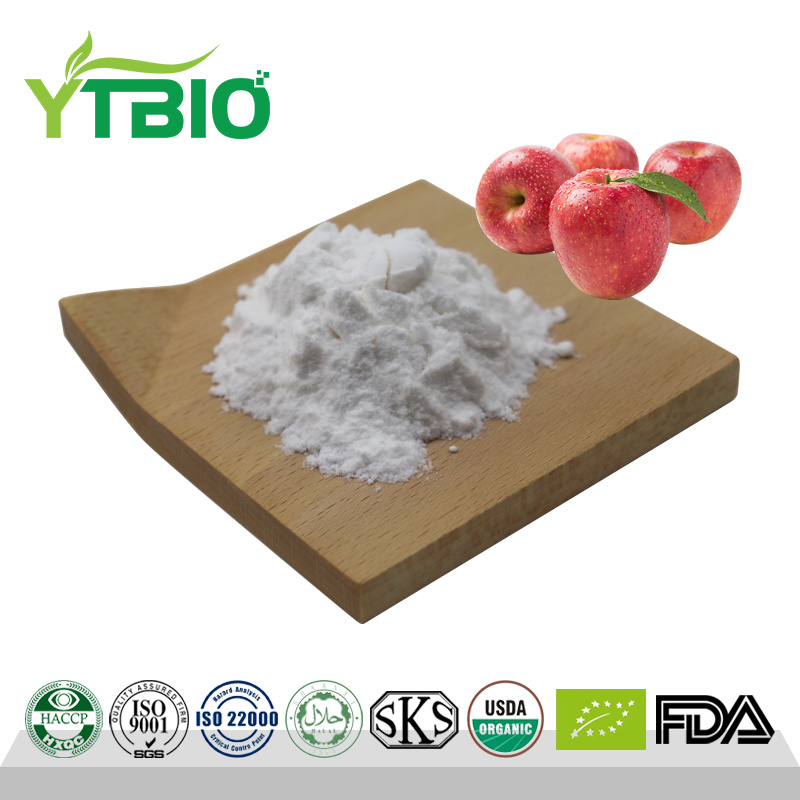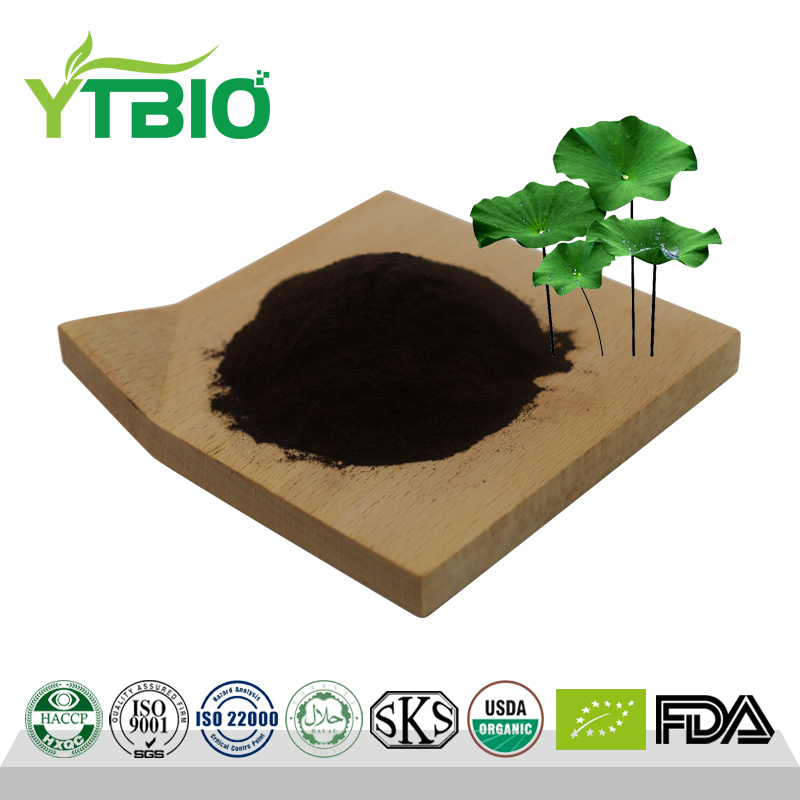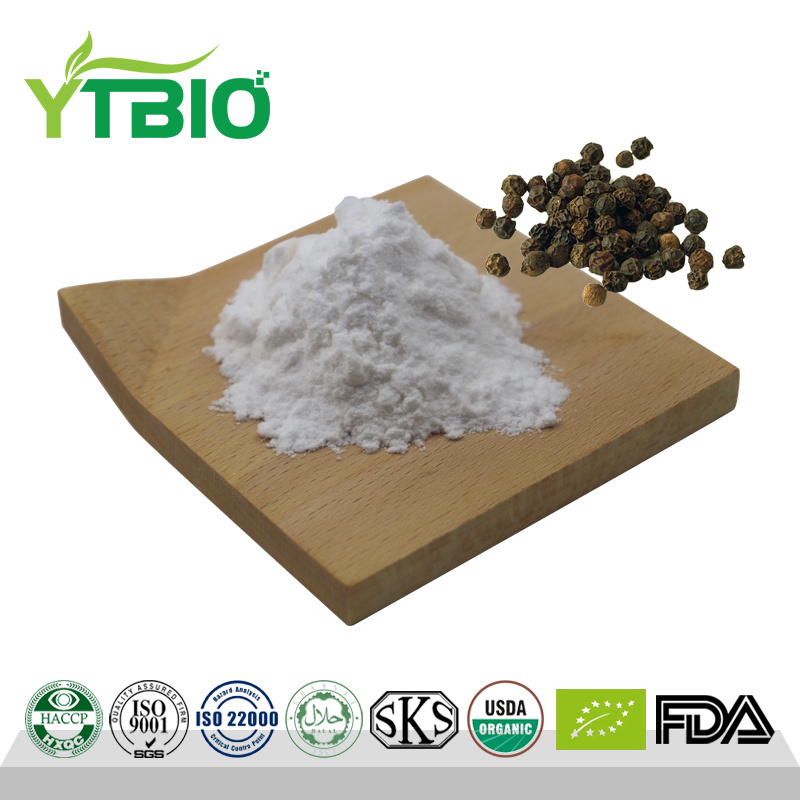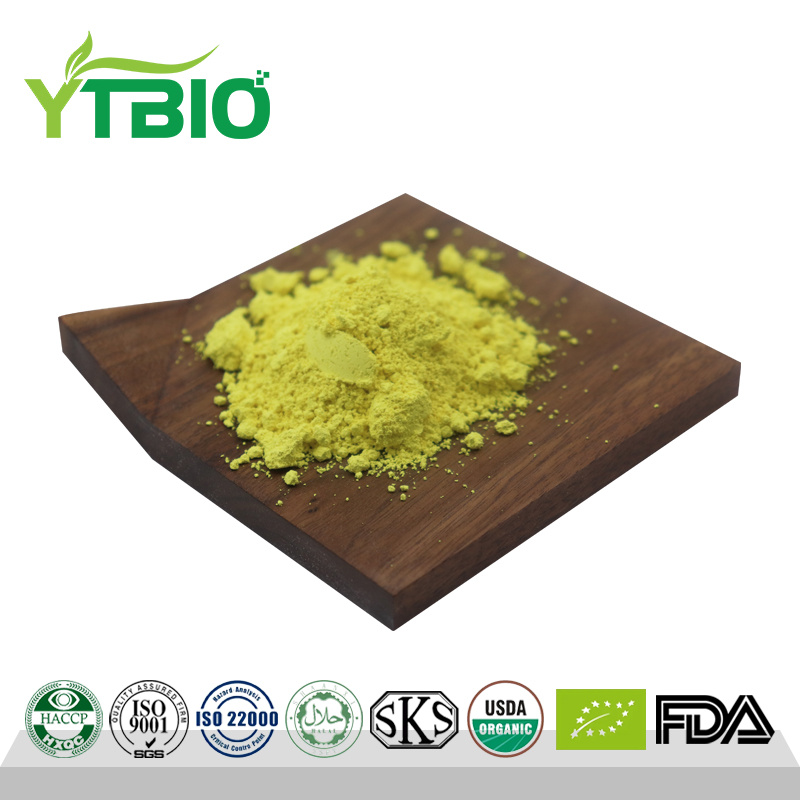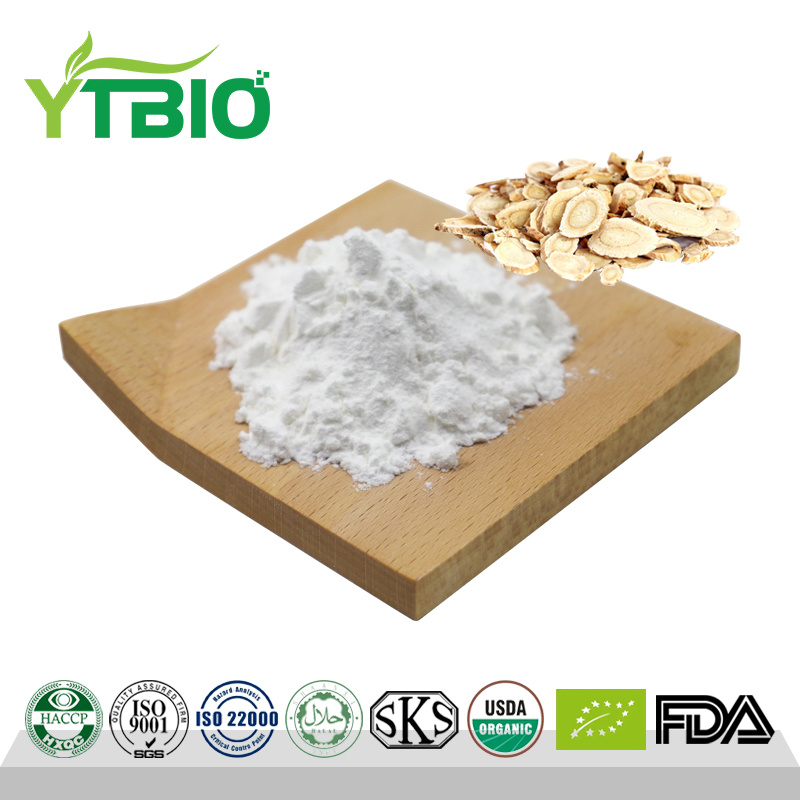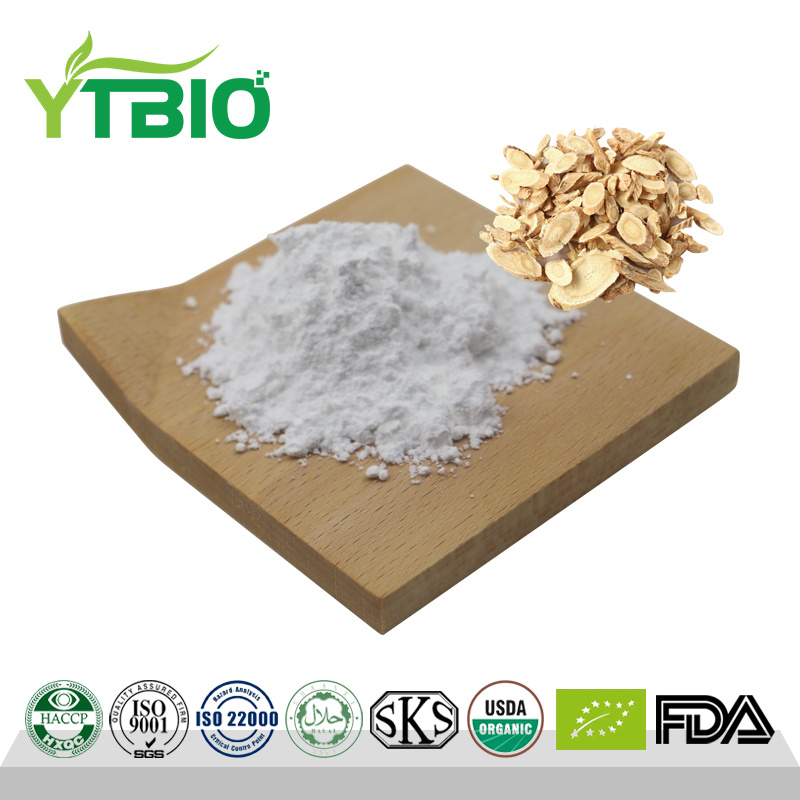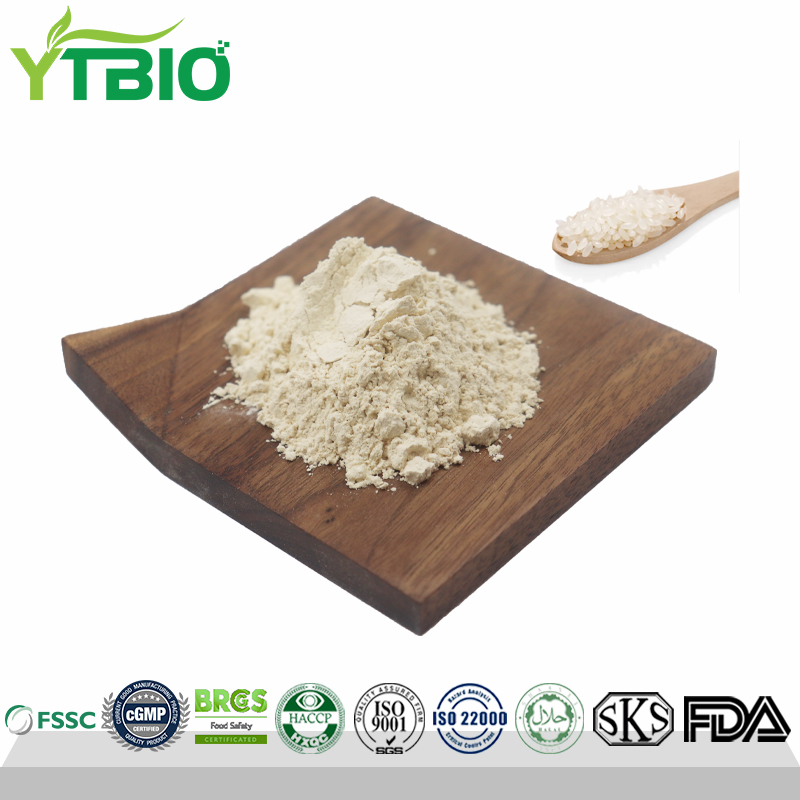Factory Supply Organic Rice Protein Powder
Features And Nutritional value Of Organic Rice Protein
Product Introduction
Organic rice protein refers to protein extracted from organic rice grown in accordance with organic agricultural production standards. Its production process strictly follows the relevant standards of the International Federation of Organic Agriculture Movements (IFOAM). No fertilizers, pesticides, growth regulators, genetically modified technologies, etc. are used in the planting process. It follows the laws of nature and ecological principles to ensure that the rice is pure and pollution-free.
In the context of increasing global health awareness, organic rice protein has become the focus of the food industry with its low allergy, high nutrition and sustainable production methods. From health foods to sports nutrition, its rich amino acids and easy digestibility meet diversified needs, covering infant formula, plant beverages and other scenarios, providing global consumers with natural and efficient protein solutions.
Features
● High nutritional value: rich in amino acids, high digestibility, and cholesterol and gluten-free, suitable for lactose-intolerant and vegetarian people.
● Hypoallergenic: does not contain common allergens such as soy, dairy products and gluten, suitable for individuals with various dietary sensitivities.
● Good processing characteristics: has certain functional characteristics such as foaming, water retention, and oil retention, and can play an important role in food processing.
Nutritional Value
Nutritional Value
● Source of high-quality protein: 80% of organic rice protein contains alkali-soluble gluten with high lysine content, which is higher than other grains. The amino acid composition ratio is reasonable, which is closer to the optimal protein amino acid ratio pattern recognized by the World Health Organization. The digestibility of its protein is higher than that of other grains, and it can provide the human body with high-quality and easily absorbed protein.
● Rich in multiple nutrients: Organic rice protein contains nutrients such as iron, magnesium, calcium and trace elements, and is also rich in vitamins, such as vitamin B group, which can supplement the human body with a variety of essential nutrients and maintain the normal physiological functions of the body.
Health Benefits Of Organic Rice Protein
Low antigenicity
Organic rice protein has low antigenic activity and is a plant protein resource with great development potential. It does not contain similar allergenic factors, is safe and reliable to use, and is suitable for most people, especially those who are allergic to other proteins.
Easy to digest
Organic rice protein has a high digestibility in the human body and is suitable for use in infants and middle-aged and elderly foods. It can provide these people with easily absorbed protein to meet their nutritional needs.
Enhance immunity
Rich in vitamin B and vitamin E, it helps to enhance the body's immune function, promote blood circulation, help people get rid of depression and irritability, and make people full of energy.
Prevent cardiovascular disease and anemia
Contains high trace elements such as potassium, magnesium, zinc, iron, and manganese, which help prevent cardiovascular disease and anemia and maintain good health.
Improve digestive system
Retains a large amount of dietary fiber, which can promote the proliferation of beneficial intestinal bacteria, accelerate intestinal peristalsis, soften stool, and prevent constipation and impaired intestinal tolerance. It is very beneficial.
Application Of Organic Rice Protein
Food
Infant food: Organic rice protein has low antigenicity and high nutritional value. It is suitable for developing high-protein and low-allergy infant formula rice flour and other products, which can meet the nutritional needs of infants and reduce the risk of allergies.
Food for special populations: For people with wheat intolerance, allergies or celiac disease, as well as vegetarians, organic rice protein is an ideal protein source and can be used to make gluten-free foods such as bread and biscuits.
Nutritional supplements: It can be made into rice protein powder as a protein supplement to help people with reduced normal protein intake or impaired protein digestion maintain nitrogen balance. It can also be used as an auxiliary treatment for peptic ulcers and trauma.
Food additives: It can be used as a food emulsifier, foaming agent, and nutritional fortifier to improve the quality and taste of food, such as stabilizing and thickening in liquid or semi-solid foods, and foaming in baked goods and candies.
Cosmetics
The active peptides in organic rice protein have antioxidant and anti-aging effects and can be used to develop anti-aging cosmetics such as creams and essences to help reduce wrinkles, brighten skin tone, and enhance skin elasticity.


